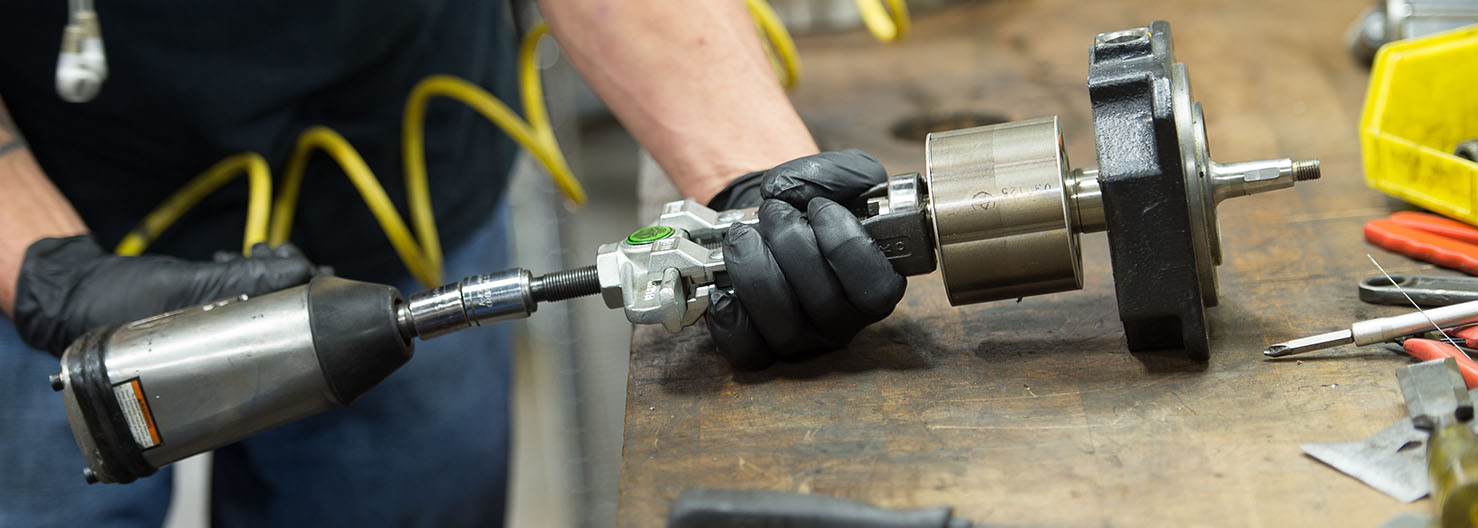Are you interested in exploring the world of BDSM but not sure where to start? One of the most popular kinks in the BDSM community is device bondage. This practice involves using restraints and devices to restrict the movement of a submissive partner, providing a sense of control and dominance to the dominant partner. In this article, we’ll delve into the world of device bondage, discussing the various types of devices, the safety considerations, and how to incorporate this kink into your sex life.
What is Device Bondage?
Device bondage refers to the use of physical restraints and devices to restrict the movement of a submissive partner during BDSM play. The devices used can range from simple handcuffs and ropes to more complex contraptions like spreader bars, cages, and stocks. The aim of device bondage is to create a feeling of helplessness and vulnerability in the submissive partner, allowing the dominant partner to take complete control of the scene.
Types of Devices Used in Bondage
There are many different types of devices that can be used in bondage play. Here are a few of the most popular ones:
Handcuffs
Handcuffs are one of the most common devices used in BDSM play. They are typically made of metal or leather and can be locked in place to restrict the movement of the submissive partner’s wrists.
Rope Bondage
Rope bondage, also known as shibari, is a Japanese art form that involves intricate rope tying to restrict movement. This type of bondage can be very aesthetically pleasing and can also be used for suspension play.
Spreader Bars
Spreader bars are devices that are used to spread the legs or arms of the submissive partner. They consist of a bar with cuffs at each end that are attached to the submissive partner’s limbs.
Cages
Cages are often used in pet play or confinement scenes. They can be made of metal or wood and are designed to restrict the movement of the submissive partner.
Stocks
Stocks are devices that are used to restrain the submissive partner’s hands and head. They consist of a board with holes cut out for the hands and head to be locked in place.
Safety Considerations
Before engaging in any BDSM play, it’s important to establish clear communication and consent with your partner. It’s also essential to consider safety when using devices in bondage play. Here are a few things to keep in mind:
Choose High-Quality Devices
When selecting devices for bondage play, it’s important to choose high-quality products that are designed for this purpose. Avoid using makeshift restraints or devices that are not designed for bondage play, as they can be unsafe.
Check for Allergies and Sensitivities
Before using any devices on your partner, make sure to check for allergies and sensitivities. Some people may be allergic to certain materials or may have skin sensitivities that can be aggravated by certain devices.
Establish Safe Words and Signals
Establishing safe words and signals is essential in BDSM play. Safe words are words that are used to indicate that play needs to stop immediately, while signals can be used for non-verbal communication.
Incorporating Device Bondage into Your Sex Life
If you’re interested in incorporating device bondage into your sex life, there are a few things to keep in mind. Here are some tips:
Start Slowly
If you’re new to device bondage, it’s important to start slowly and establish clear communication with your partner. Start with simple devices like handcuffs or ropes and work your way up to more complex devices as you become more comfortable.



